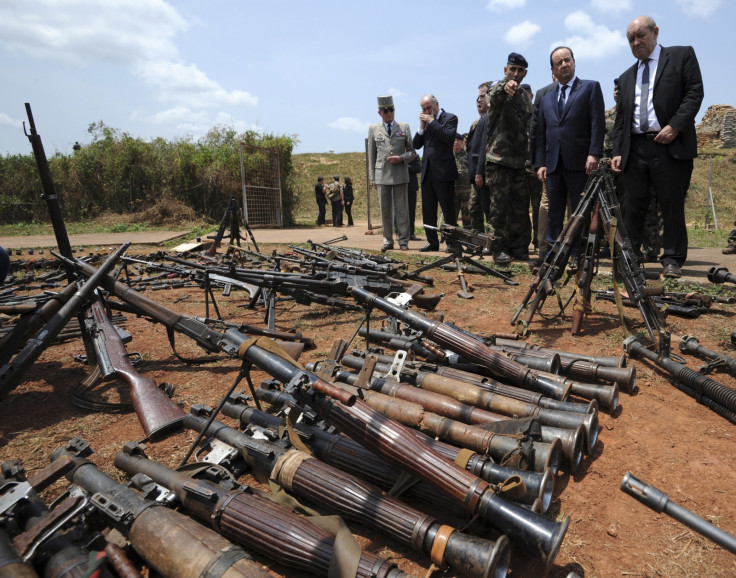CAR armed forces can only sustain 30 minutes of combat warns minister
European Union launched its military training mission of CAR's army in July 2016.

Eight months after the European Union Council launched its EU military training mission in the Central African Republic (EUTM RCA), the African nation's defence minister has warned that military capabilities can only equip some 150 soldiers and army ammunition could only support thirty minutes of combat.
Working towards "modernised, effective and democratically accountable" Central African Armed Forces (FACA), the EUTM RCA is effectively a security sector reform in the country, which has been subject to an arms embargo by the United Nations since 2013.
The country erupted into chaos when the Seleka, a predominantly Muslim rebellion made up of loosely affiliated factions, toppled the then-president François Bozize's government in March 2013, sparking a sectarian civil war.
During a conference on 6 March which brought together the main defence players in the CAR, the Defense Minister Joseph Yakété warned that the country had poor military capabilities, but said that despite the embargo, the country may request derogations from the UN Security Council.
"The resolutions of the UN committee, through the sanctions committee, allow us, by way of derogation, to have weapons, and I have taken all the steps," Yakété is quoted as saying by RFI.
Also present at the conference, the American ambassador announced that the US Congress had agreed to give away $8m of military equipment – excluding arms and ammunition. CAR's military chief of staff, Brigadier General Ludovic Ngaifei, said this is a first step towards the reconstruction of CAR's National Defense.
"We're going to have some equipment like combat vehicles or tactical vehicles. This is good news, because it will help us a bit in this phase of the rebuilding of the Central African Army," Ngaifei said.
Impunity in the CAR remains one of the main challenges in addressing past and ongoing atrocities, as the vast majority of suspected war criminals, who date as far back to December 2012, have never been held accountable.
© Copyright IBTimes 2025. All rights reserved.






















